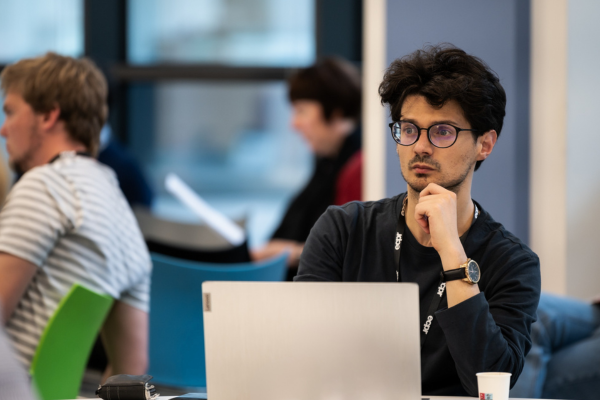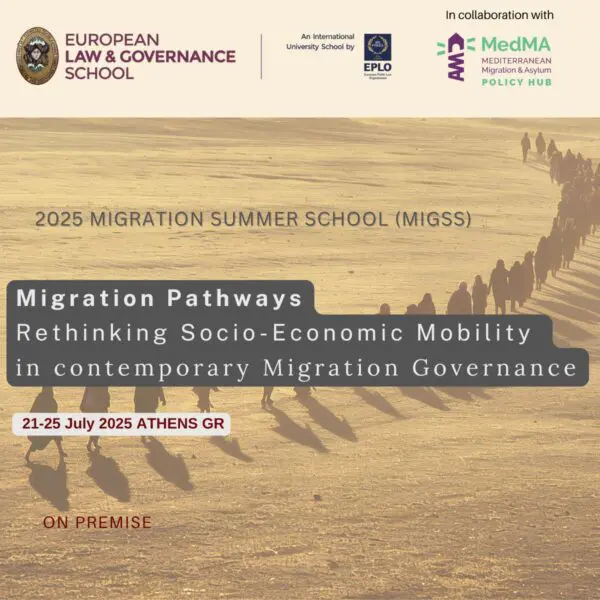
Thessaloniki, Greece
Populism Research Today: Challenges and Innovations
When:
26 August - 29 August 2025
Credits:
4 EC
Read more
Political Science
When:
21 August - 28 August 2024
School:
Genshagen Trilateral Summer School
Institution:
Genshagen Foundation/European University Viadrina/Sorbonne Université
City:
Country:
Language:
English
Credits:
0 EC
Fee:
200 EUR

The close relationship between Europe and the United States has been a centerpiece of the post-World War II international order. Despite recurring differences, the transatlantic bond proved particularly strong over the course of decades. However, the last years have seen an increasing number of voices fundamentally questioning this bond, especially in America. Some of these voices are advocating for either a more isolationist US foreign policy in general or a shift of focus from Europe to Asia, particularly as a response to China‘s growing influence. While it is not a given that the US will fundamentally reorient its foreign policy posture, Europe certainly has to prepare for both scenarios and develop a vision of how it will navigate in an increasingly competitive international order without the US at its side or with a diminished US presence in Europe.
But what does this mean in concrete terms? How can Europe become more independent in its security and defence policy, which heavily relies on US security guarantees and particularly the US nuclear umbrella? What consequences might arise for transatlantic economic relations if the US, the EU’s primary trading partner, adopts a more protectionist stance? How might the EU influence a shifting global order if not closely aligned with the US? Can Europe exert influence over international climate policy in the absence of the US, the world’s second-largest emitter of CO2? And what would losing a powerful ally in the global struggle between democracy and authoritarianism mean for European democracies? In the end, whichever scenario plays out, the Weimar Triangle will play a key role in shaping a “post-American” Europe. But will France, Germany, and Poland be able to play the role of Europe’s engine in this regard? And how much room for manoeuvre does the Triangle actually have?
The Summer School will take an inside look at all these questions. It will offer participants an overview of the fundamental shifts occurring in transatlantic relations today, prompting them to engage in discussions about the future trajectory of the relationship between Europe and the US.
Dr. Tobias Koepf
Master's and PhD students from Germany, France, and Poland. We invite applications from students enrolled at a German, French or Polish university (all nationalities) and students with German, French or Polish nationality enrolled at universities in other countries.
The Summer School will take an inside look at all these questions and will provide participants with an overview over the fundamental changes taking place in transatlantic relations today.
Fee
200 EUR, The fee covers all costs related to your stay in Genshagen: a shared double room at the castle and all meals are included. Unfortunately, we cannot cover your trip from your hometown to Genshagen and back. Please organise your travel by yourself.
When:
21 August - 28 August 2024
School:
Genshagen Trilateral Summer School
Institution:
Genshagen Foundation/European University Viadrina/Sorbonne Université
Language:
English
Credits:
0 EC

Thessaloniki, Greece
When:
26 August - 29 August 2025
Credits:
4 EC
Read more

Athens, Greece
When:
21 July - 25 July 2025
Credits:
0 EC
Read more

Colchester, United Kingdom
When:
07 July - 11 July 2025
Credits:
4 EC
Read more